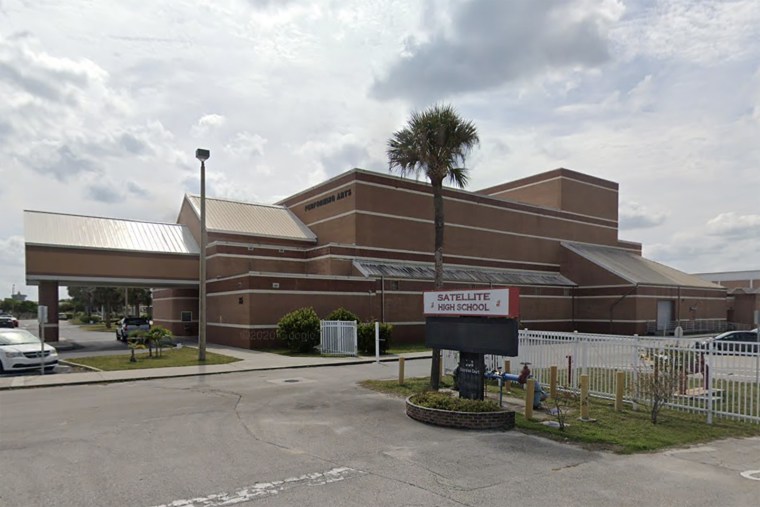
Florida Teacher’s Job Loss Over Student’s Preferred Name Sparks Outcry and Debate
The non-renewal of a popular literature teacher’s contract at Satellite High School in Brevard County, Florida, has triggered heated debates, student protests, and national scrutiny. Melissa Calhoun, an educator with over a decade of experience, is at the center of the controversy after reportedly addressing a student by their preferred name—rather than their legal name—without written parental consent, in breach of a new Florida law.
The emotionally charged dispute draws attention to the complexities at the intersection of education, parental rights, and inclusivity. Since the 2023-2024 school year, Florida state law has required parental sign-off before students can be addressed by alternative names, even basic nicknames. Calhoun’s case marks the first known job loss under this regulation, making it a landmark incident for the state and setting off a wave of reactions from across the local and national community.

After a parent complaint, Brevard Public Schools conducted an investigation. According to district officials, Calhoun acknowledged disregarding the statute, resulting in a letter of reprimand and the non-renewal of her annual contract. The school board cited four separate violations, including statutes on pronouns, education records, and professional conduct.
Calhoun’s supporters, including students, colleagues, parents, and advocacy groups, quickly rallied. In the days following the announcement, students organized walkouts and held up signs proclaiming support for their teacher. Petitions demanding her reinstatement garnered tens of thousands of signatures. “She is teaching the exact same. It’s clear that she’s upset, but she has just kept pushing us to do our best,” remarked student Brianna Knight, while another student called the decision “completely unjust.”
Many within the community see Calhoun’s removal as emblematic of politicization in education policy. The Brevard Federation of Teachers, the local educator’s union, expressed solidarity and criticized the district’s “heavy-handed decision to essentially terminate a veteran teacher who has inspired and advocated for her community.” Parents, too, voiced frustration, questioning why a procedural infraction drew harsher consequences than incidents involving student safety.
Administrators defended the move, emphasizing that state law prioritizes parents as primary decision-makers in their children’s lives. School board member Katye Campbell acknowledged the rule’s divisiveness but argued, “The parents are the number one decision-makers for their children.” Still, critics, including advocacy organizations like Equality Florida and the ACLU, warned that such rulings can erode trust and make schools less welcoming for vulnerable students.
Florida’s law on pronouns and names forms part of a broader national debate about LGBTQ+ inclusion, student autonomy, and the scope of parental rights in public schools. For now, Calhoun’s future in education remains uncertain — and the community divided on whether compassion or compliance should come first in the classroom.
Does the law safeguard parental rights, or is it fueling unnecessary conflict and fear among teachers and students? As the conversation continues, readers are invited to share their perspectives below.